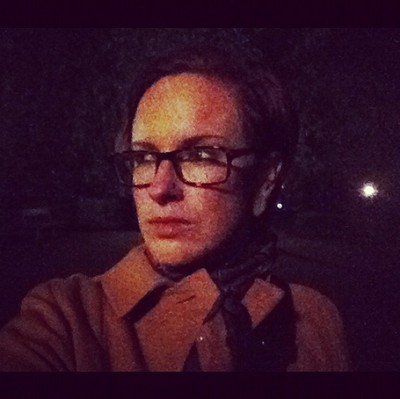A net to catch the word that escaped.
I say I like to read and write.
But that is not the whole story.
See, I belong to a rare group of people,with a strange fascination not only for the written word,
but for reading about reading and writing about writing.
The reason I am always quoting Jeanette Winterson, Hélène Cixous and Mario Vargas Llosa
is because they pull off one of the most brilliant acts:
They write about writing about writing.
And, for me, the truth is found in between each and every 'about'.
I am concerned with the places where fact meets fiction, where the latter becomes the former.
All truth lies, who said that?
With every layer, truth and fact are a little more diluted, a little more embedded in their story.
Vargas Llosa's La verdad de las mentiras explains why a good story is always a lie if the author is capable.
A veces sútil, a veces brutalmente, la ficción traiciona la vida,
Encapsulándola en una trama de palabras que la reducen de escala
y la ponen al alcance del lector.
{Sometimes subtle, sometimes brutally, fiction betrays life,
encapsulating it in a plot of words that diminish its scale,
putting it within reach of the reader}
Like a metaphor can illustrate a concept better than a clinically specified description,
so fiction explains life better than any well-intentioned professor.
We often think that finding truth is the key to everything.
And 'keeping things real' is the philosophy of people all over the world.
But rarely do we contemplate what we consider truth to be and how it is found.
And we never stop to think that reality might be a social-construction impossible to strive towards.
Whose reality?
I am drowning in inevitability, but it isn't truth.

Kommentarer
Trackback
